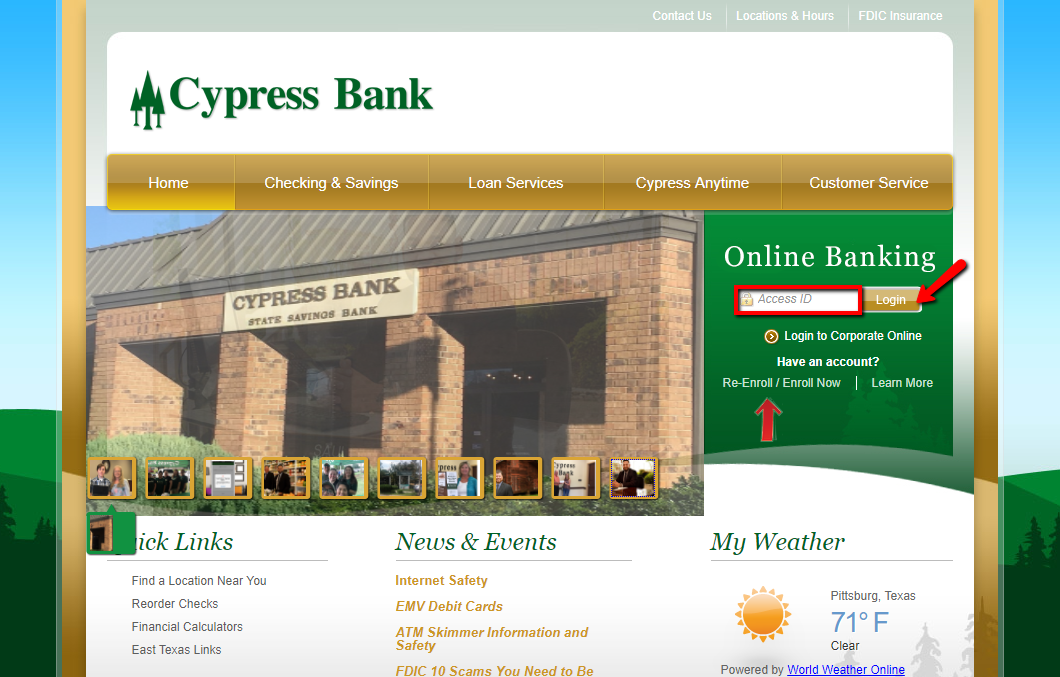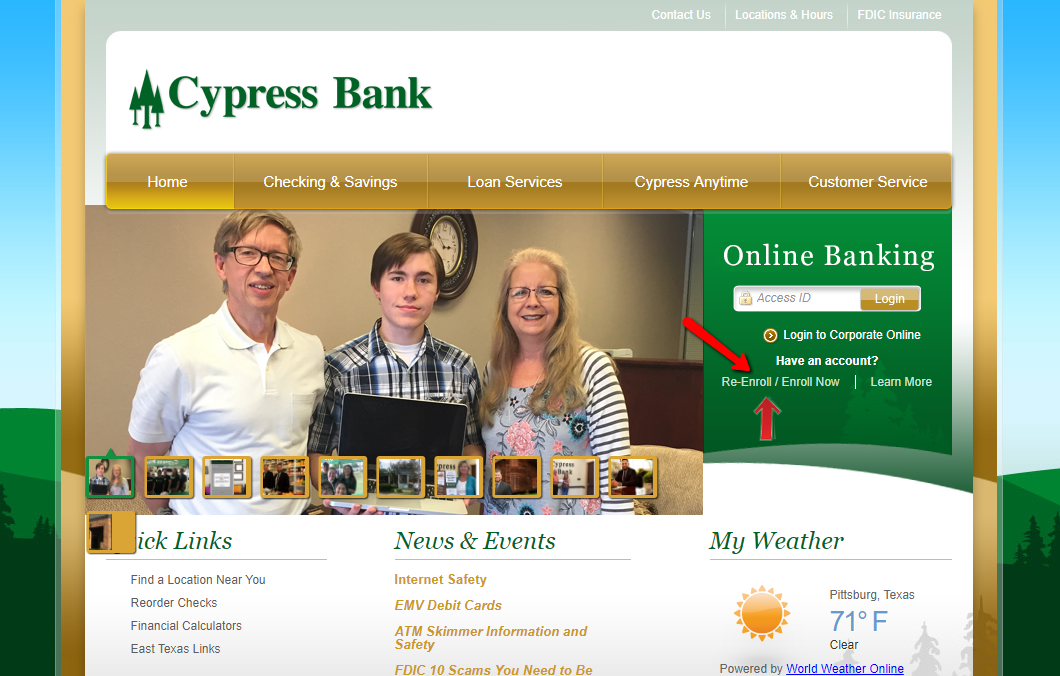20 Good Facts For Picking Business Asset Management Planning
20 Good Facts For Picking Business Asset Management Planning
Blog Article
Here Are 10 Ways To Help You Choose The Perfect Banking Solution Partner.
Here are 10 detailed suggestions for locating a Banking Solution Partner for advice, especially for businesses seeking guidance on funding, cash management or strategies for growth. Each tip comes with an explanation and pros/cons that aid you in making educated choices.
1. Determine the specific business needs of your company. Prior to that, define your business's specific needs.
It is possible to determine if you require help in terms of credit lines as well as loans, treasury or digital banking.
Pros: Find the perfect partner for you.
Cons: Identifying priorities may require self-assessment, or guidance from an external source.
2. Look for Industry Experience
Tip : Pick a partner experienced in your particular industry (e.g. retail and hospitality, SaaS/software or real estate).
Cons: Lack of insight slow solutions, inadequate risk assessment.
Cons: Not enough flexibility to meet more diverse needs because of niche knowledge.
3. Review the institution's reputation and Stability
Tips - Study the bank's history, financial health and customer satisfaction.
Pros: Lowers the chance of service issues or instabilities.
Pros: Partner with a good fame may have stricter entry conditions.
Examine the range of services provided
TIP: Make sure to check whether the bank provides services like payroll, credit management as well as deposit support and business consulting.
Cons: Limited options for support.
Cons Certain services are too generic and lack substance.
5. You should look for an individual relationship manager
Tip: Ask if you'll be assigned an advisor who will handle your account.
Pros Cons: Personalized service and constant communication.
Cons: Relationships are contingent on the individual who has been assigned.
6. Interview Multiple Banking Partners
Do not choose the first bank you find. Make sure to interview at least two banks in order to evaluate their offers and insights.
Cons Pros: Less flexibility and more negotiation power.
Cons: The research process is time-consuming.
7. You can look up their credit report
Ask them how often they accept SBA commercial, SBA, or line of credit loan.
Pros: Flexibility and expertise in the field of financing business.
Cons: High lending volume doesn't always mean personalized attention.
8. Comparing Digital Banking Services
Tips: Make sure to check their mobile application, web portal, and integrations to accounting systems.
Reducing time and increasing accuracy.
Cons: Traditional or smaller banks might not have the latest technology.
9. Local Market Knowledge
Tip: Select partners familiar with the economic climate of your city.
Pros: Better advice on local growth opportunities and risk.
Pros: Some might be lacking national or worldwide reach.
10. You can also read case studies and testimonials from clients.
Request specific examples of their collaboration with similar businesses to yours.
Pros Validation of their expertise in real-life of their knowledge.
Pros: The testimonials are often curated and/or outdated. Check out the best Solution Partner for website tips including first financial bank personal loans, first financial bank online, first financial bank personal loans, banks for money, company bank, capital bank and trust company, community bank loan, customer bank service, 1 security bank, bank coast and more.
Palm Beach County, Florida Business Banking Tips
Here are 10 tips about business banking accounts in Palm Beach, Florida, specific to the region's distinct financial and economic landscape. Each tip is accompanied by a concise explanation of the topic, as well as pros and pros to assist you in making informed bank decision.
1. Look Into Bundled Services
Certain banks offer a bundle that includes check-in for payroll processing, credit card processing and business insurance.
Pros - Streamlined service, potential discounts.
Cons Cons: Being tied to a single provider may make it difficult to save money and have more flexibility.
2. Look into the Business Credit Card Options
Pick a card that provides cash back or travel rewards and is compatible with your accounting software.
Benefits: Tracks expenses and builds business credit.
Cons: Interest charges are charged on outstanding balances if they're not returned monthly.
3. Develop a relationship with a dedicated business banker
Bankers who have relationships can assist with the financial planning process, loans, and referrals.
Pros: Faster issue resolution and more personal service.
Cons: It may not be available on all accounts, or at all national banks.
4. Assess ACH and Wire Transfer Capabilities
Compare between international and domestic wire fees, and find out whether your bank is able to accept batches of ACH payments.
Pros: Effective for paying employees or vendors effectively.
Cons: Fees can range between $15 and $45 per transfer.
5. Use Fraud Protection Tools
Tips: Services such as Positive Pay, dual authentication, and account alerts help prevent fraudulent transactions.
Pros: Reduces fraud risk, protects sensitive data.
Cons: Usually limited to premium account tiers or accessible at an additional cost.
6. Choose banks with Business Networking Opportunities
Tip: Many banks will organize educational events or chamber of commerce programs, along with business mixers.
Pros : Ideal for marketing and partnerships.
Pros: This product might not be offered throughout the year round or to all industries.
7. Confirm FDIC or NCUA Insurance Coverage
TIP: Ensure that your funds are covered up to $250,000 per entity for each institution.
Pros: Protects against any failures of your institution.
Cons: It could be necessary to divide your funds between several accounts or banks in order to ensure you are fully covered.
8. Use Multi-User Account Online Banking
Tip: Pick the bank that has permissions to permit you to grant access to your bookkeepers as well as your business partners or employees.
Pros: Increases accountability and operational efficiency.
Cons: Smaller banks may not be able to provide advanced permission controls.
9. Open Accounts that align to your Business Growth Plans
Tip: Choose a multi-location bank if you intend to expand your business Florida and/or nationally.
Benefits: This prevents future account conversions.
Cons: Many national banks don't provide personal service.
10. Prepare required documentation before opening
Tips: Bring your EIN or Articles of Incorporation, business license and operating agreement to the appointment.
Pros: It ensures the speed and ease of account creation.
Cons: Could delay your business if something is not present in your business records or they are incorrect. Have a look at the top rated trust administration Palm Beach FL for website info including the bank of the west, united trust bank, us us bank, banks in united states, first financial bank personal loans, account near me, top 10 banks, us bank internet banking, top ten bank, capital bank and trust company and more.